March 2023

Although the farmers were able to do a lot of planting and in some areas over 80% of the crops were planted by mid-December – there were certainly a few challenges along the way.
Some of Grain SA’s regional offices reported the following:
Louwsburg: Jurie Mentz, regional development manager, reports that December has been even wetter than the previous season. He says the smaller farmers are making plans, as it has been difficult to get tractors and equipment into some fields. There are even farmers who have even resorted to farming the ‘old-fashioned’ way by inspanning their oxen to get into the fields, while other smaller growers have started planting by hand just to get the seeds in the ground at the right time. The more commercial large-scale farmers were forced to wait for drier weather to get into their fields.
Kokstad: Luke Collier, the regional development manager at this office, says farmers in his area measured 126 mm on 9 and 10 December, with more smaller rainstorms following that. The farmers have struggled to cope with the high input costs this season and many were sadly forced to scale down their activities. Hail is a major risk factor in eastern Griqualand, but crop insurance is very expensive for developing farmers.
Free State: Johan Kriel, regional development manager who now oversees the western Free State region, reports that although the season has been very wet, at least 70% of the developing farmers in his region have finished planting their crops. Bloemfontein has not been too wet but to the south, from Winburg to Senekal, Paul Roux and Bethlehem, there is not a stream that is not now a strong flowing river.
At the same time, farms to the north as far as Deneysville are also experiencing many thunderstorms. The biggest risk in the region is hail and there has already been some damage. One farmer had to replant 600 hectares of soybeans. Fortunately, he had crop insurance which has helped him with the replanting costs – although the insurance only paid out for 40% of the damages because the crop was still young.
Ntate Johan says getting all the required spraying done has been a problem and farmers have to continuously scout their fields to monitor for fungus issues, which may develop due to the extreme wet conditions.
Mbombela: Jerry Mthombothi, regional development manager at the Mbombela office, reports a lot of rain too, particularly in the Highveld regions. While at least 80% of his participating farmers have got the biggest part of their planting done, there are those who cannot even reach their arable lands yet.
The farmers that Jerry advises have planted maize, groundnuts, soybean and drybeans. The team there has been very busy with tasks such as offering technical support, helping to calibrate planters and boom sprayers for planting, fertilisation and spraying programmes.
Jerry also spends a lot of time helping farmer groups to source inputs, buying in bulk and negotiating discounts. Input suppliers are often keen to assist farmers who are developing a good track record and who have reliable mentorship and extension service support from the likes of Grain SA.
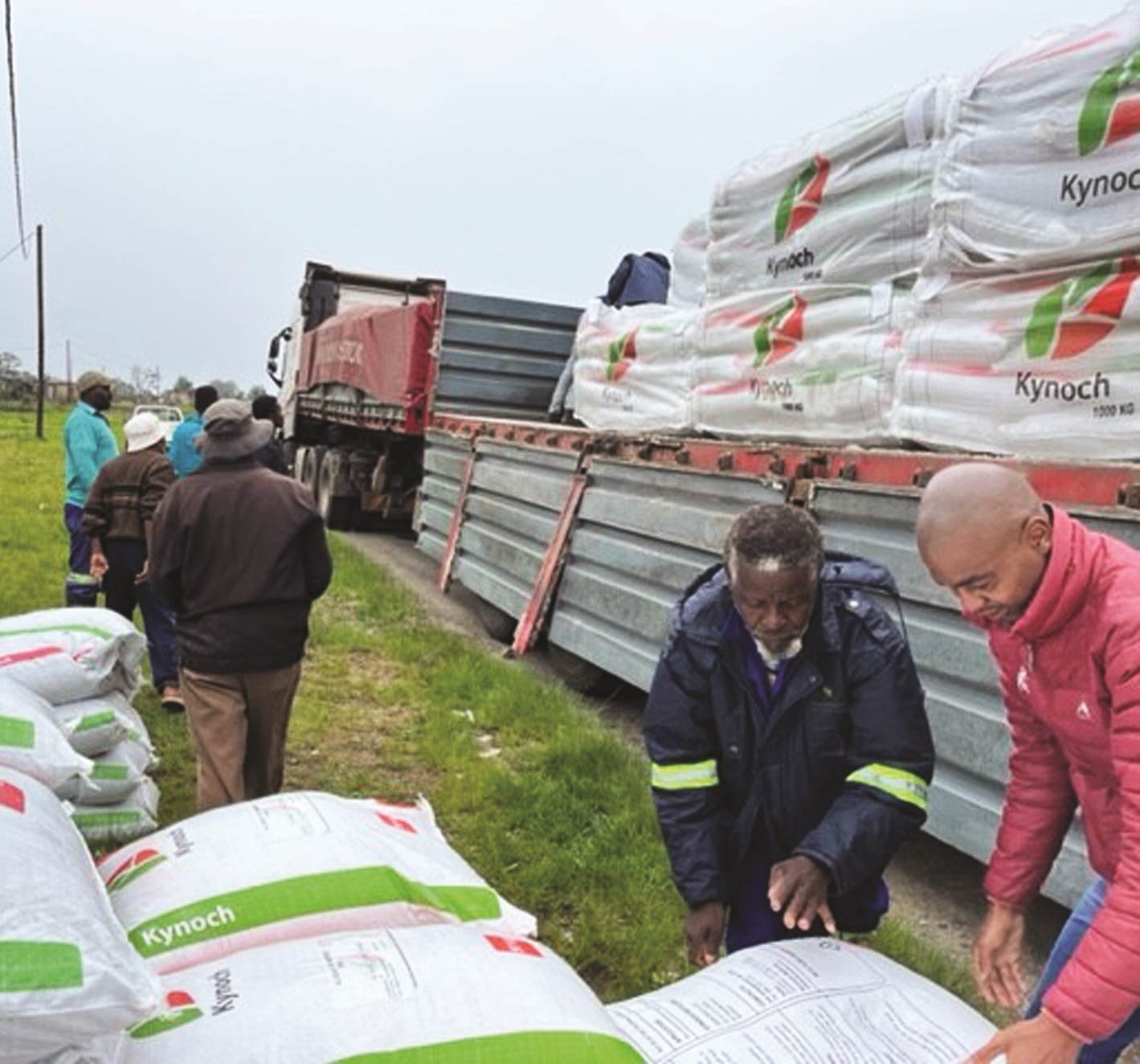
In the Gert Sibande District Municipality of Mpumalanga, farmers were keen to help with the offloading of the fertiliser delivery for the Dundonald and Sijamekuthukeni farmers.
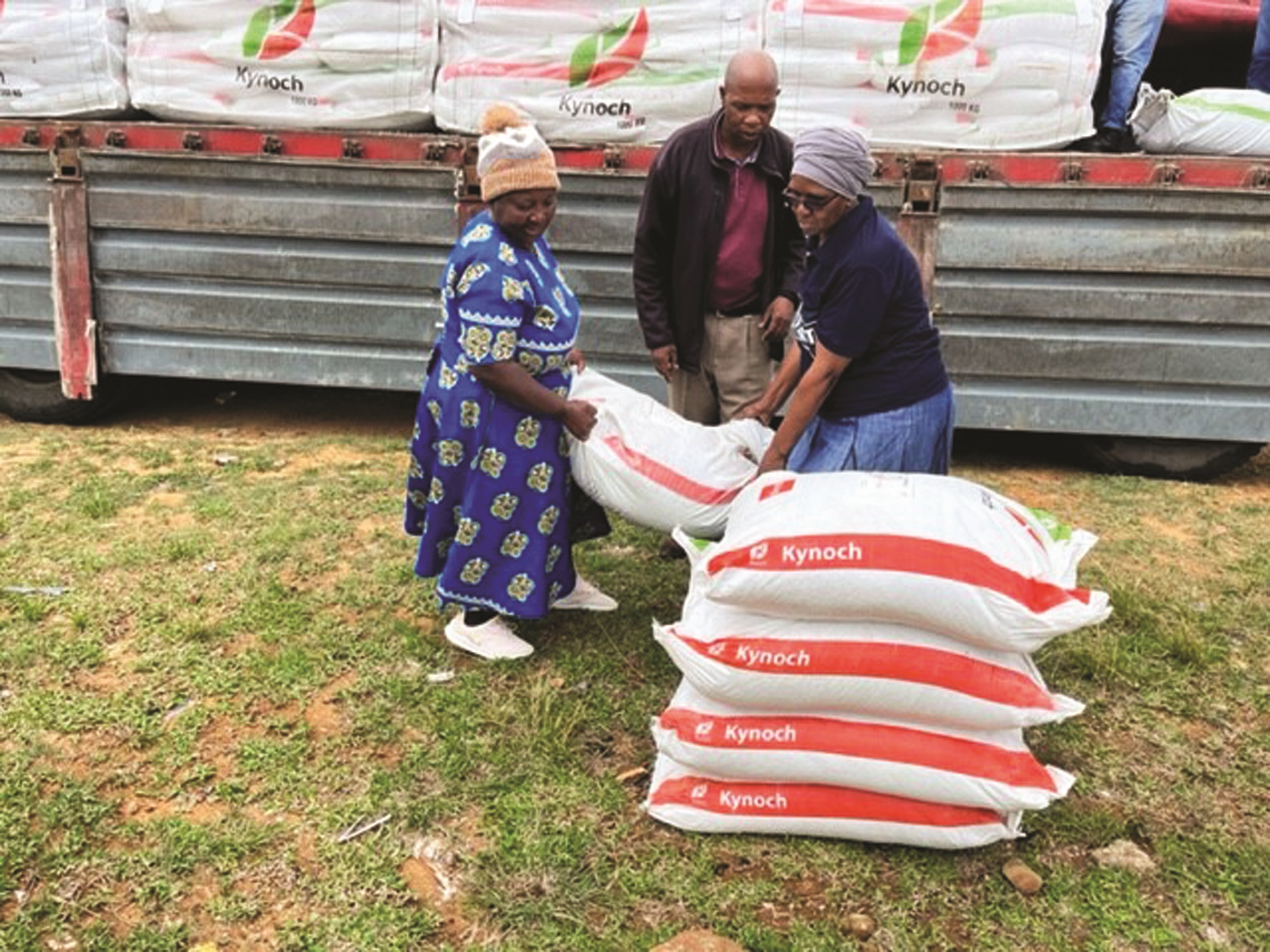
Seven members of the Badplaas Study Group received 16 bags of fertiliser from the office of the Elukwatini Department of Agriculture at the end of November last year.
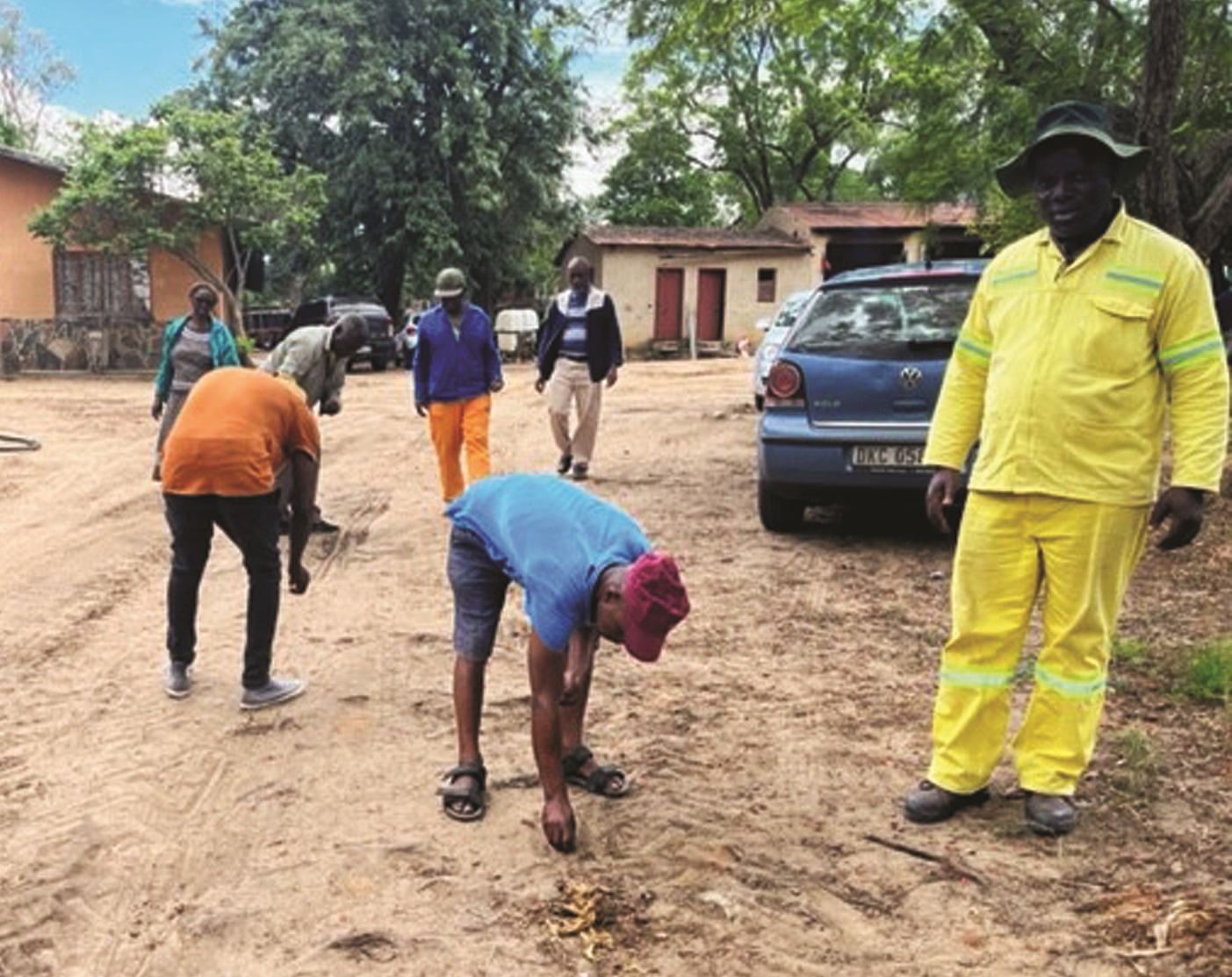
In December, Grain SA helped to calibrate a planter which was dropping too many pips. This would have caused a too high population.
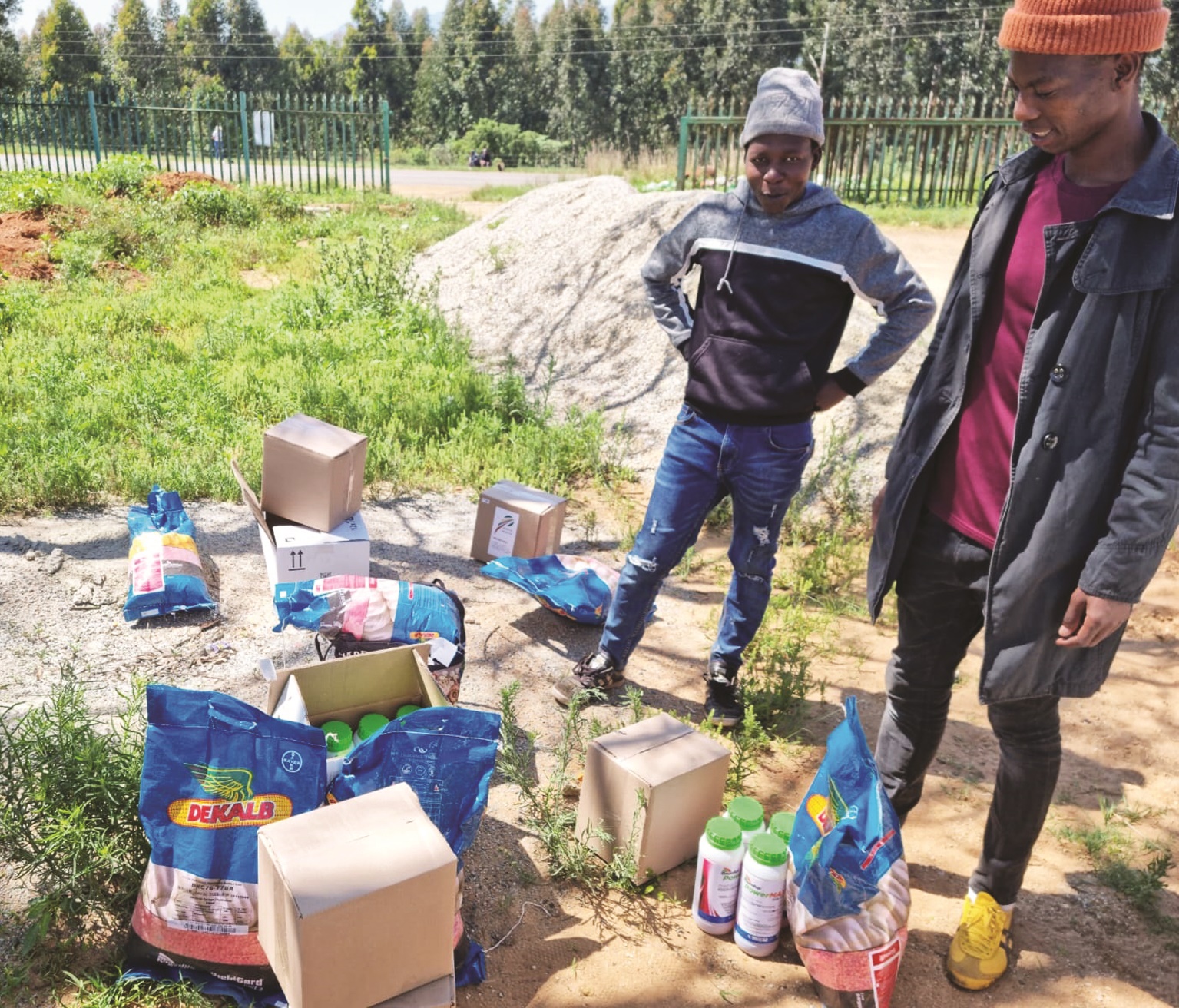
Early in November, inputs (seed and chemicals) were delivered to the Siyacathula Study Group farmers in Mpumalanga.
Study group meetings are an important face-to-face contact opportunity between the farmers and Grain SA’s mentors. They are not only teaching opportunities but also times to troubleshoot and network with other farmers.
Despite peak summer planting activities, the following meetings still took place during November and December:
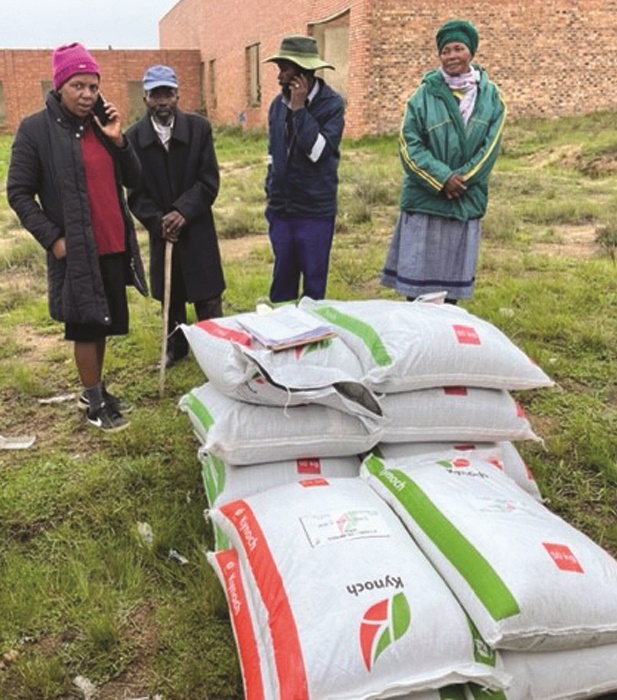
Members of the Lijahasisu Study Group from Hereford West in KwaZulu-Natal collected their fertilisers.
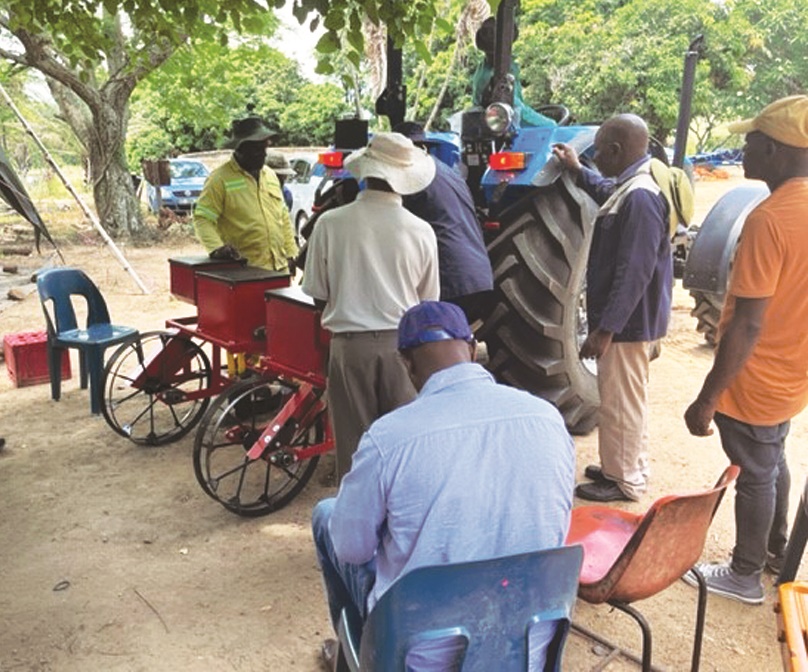
Planter calibration was discussed at the Inkalane Study Group meeting near Badplaas in Mpumalanga.
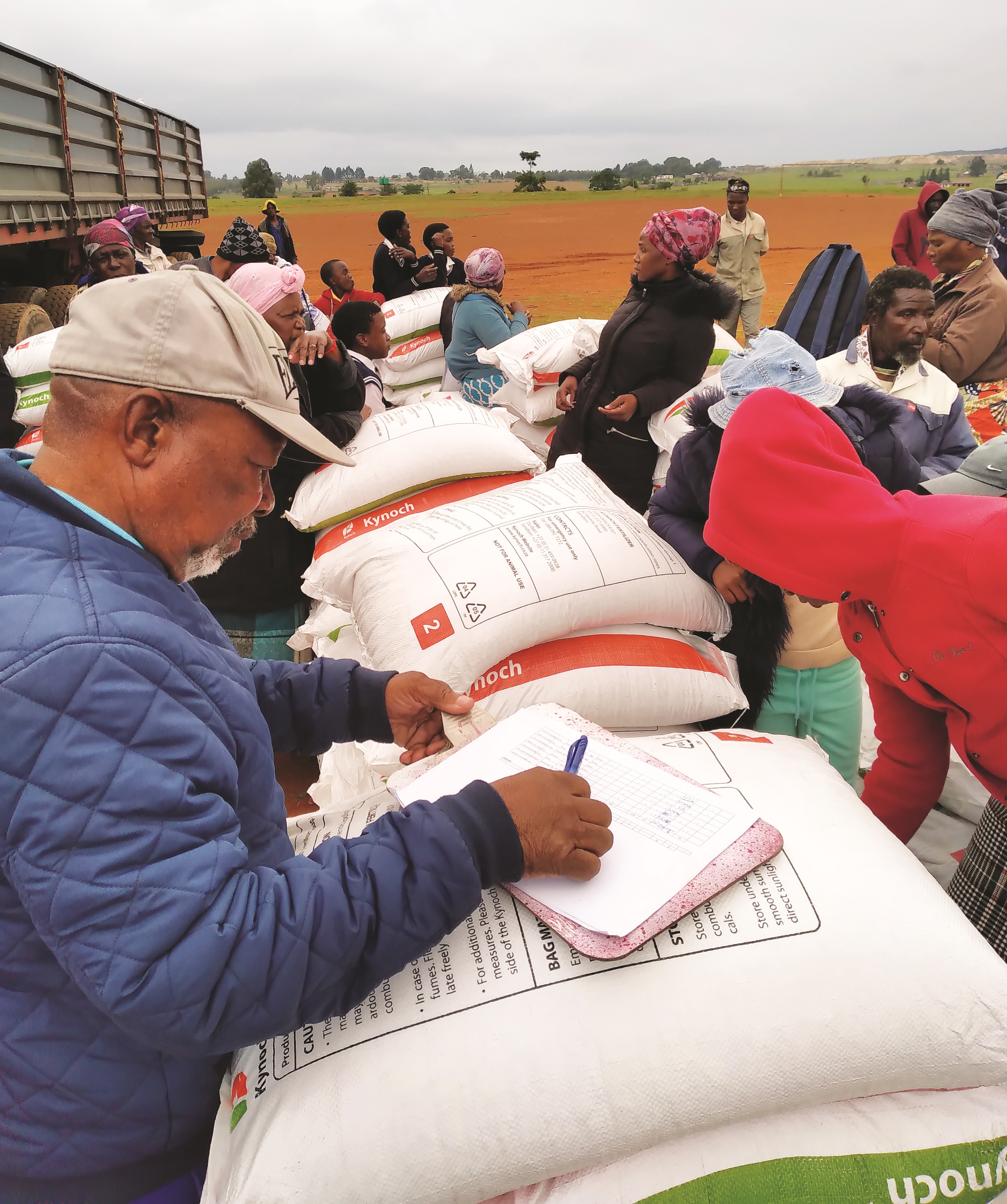
At Louwsburg 201 bags of fertiliser were offloaded and distributed to 48 farmers who form part of the Beyond Abundance Project.
Grain SA is partnering with several stakeholders this season and is involved in rolling out projects with AB InBev, Department of Rural Development and Land Reform (DRDLR) recapitalisation, the Maize Trust, the South African Cultivar and Technology Agency (SACTA) and Standard Bank. To this end several farm visits were made to advanced farmers who are part of Grain SA’s Farmer Development Programme:
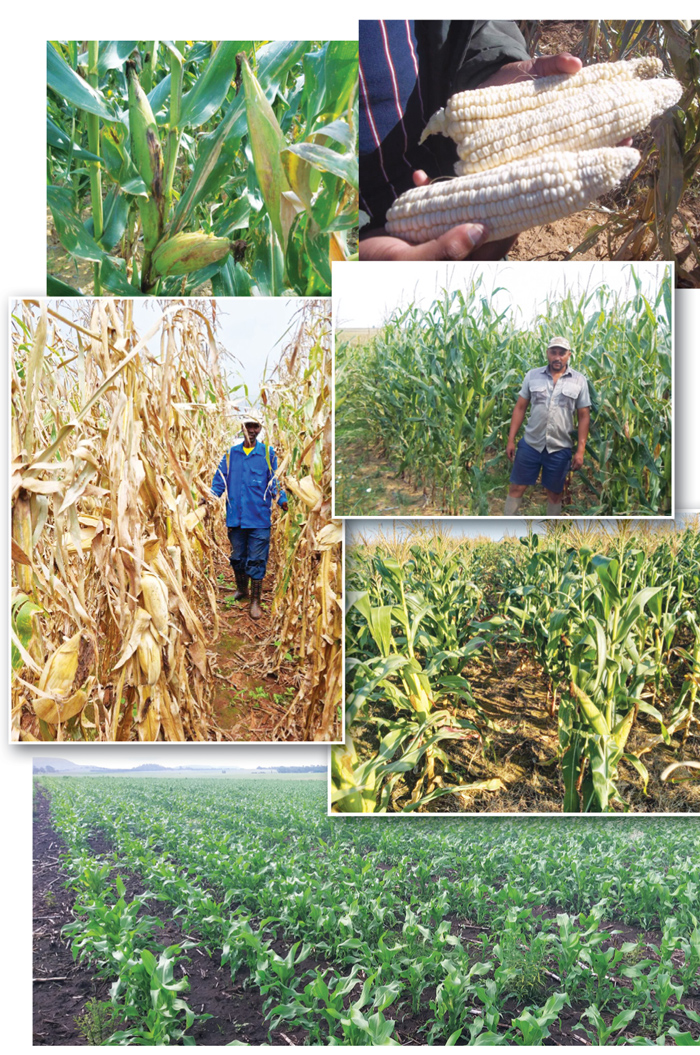
Some of the highlights of farm and field visits during 2022.
Publication: March 2023
Section: Pula/Imvula